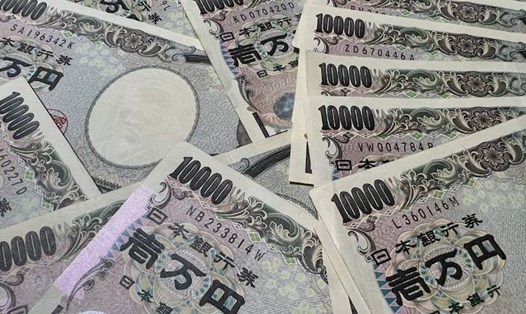According to Reuters, after the US Federal Reserve (Fed) decided to cut interest rates strongly and left open the possibility of continuing to loosen policy, this impact has spread to global financial markets. This could make the Asian financial market start the new week vibrant.
In Japan, the Nikkei is expected to increase by more than 1%, supported by the weakening of the Yen last week. However, this trend may be held back by rising US long-term bond yields.
The Bank of Japan has decided not to raise interest rates as expected and is not in a hurry to change this policy. This decision caused the Yen to fall to its lowest level since September 4, thereby supporting the Japanese stock market.
The Yen continued to depreciate earlier this week, after a week of strong fluctuations. Last week, it hit 147.9395 JPY/USD for the first time in more than a year, but then fell to nearly 144 JPY/USD, losing 2% of its value for the week, the biggest decline since April.
Atsushi Mimura, a top Japanese monetary diplomatic official, said the yen market has seen strong fluctuations. Traders are closely monitoring developments that may cause market fluctuations.
Meanwhile, data from the US futures market shows speculators are increasingly optimistic about the Yen. They have increased their net buying position to the highest level in the past eight years, maintaining optimism for the 11th consecutive week.
According to Lao Dong, on September 23, the Yen exchange rate against the US Dollar is currently anchored around 144.33 JYP/USD, up 0.5 percentage points compared to the previous session.






